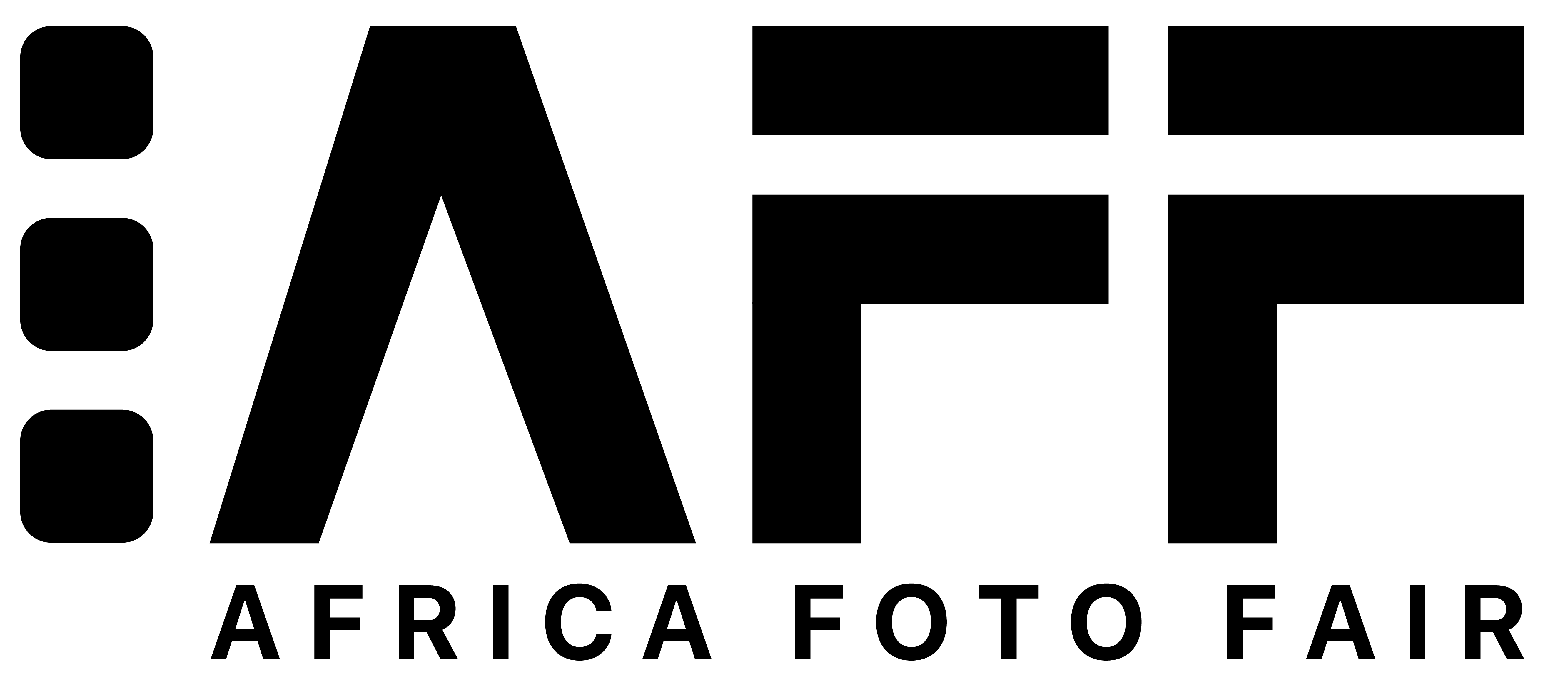CURATOR'S STATEMENT
"Journey of the Heart: An Ode to Abidjan's Enchantment"
It has been four years since my journey led me from Addis Ababa to the captivating heart of Abidjan. Throughout my explorations of Africa, I found myself strongly drawn to this city. Every city, I believe, has its unique energy, an essence that resonates with certain souls. Abidjan, for me, was an immediate match, a place where I felt at home from the start. Describing the charm of Abidjan is a challenge, but from the moment I arrived, invited by the Donwahi Foundation, I knew I had found a place that reflected the vitality within me. Curiously, my spirit seemed to remain in Addis Ababa, while my heart found its home in Abidjan. The irony of this dual connection was not lost on me. For the longest time, my mother encouraged me to explore beyond Ethiopia, to traverse the vast expanse of Africa. She instilled in me a deep love not only for our homeland but for the entire Continent. It wasn’t until my adult years that I fully grasped her gift of Pan-Africanism.
During my initial visit to Abidjan, I shared my knowledge and passion by conducting a workshop with students. Through this experience, I decided to return with the support of the Catchlight Foundation, bringing my team along. Our goal was to create my first work in Côte d’Ivoire, while also embarking on a journey with a group of students to a small, picturesque mosque in the town of Sorobango. This journey led me to decide to move to Abidjan in 2019. I uprooted my family and brought my team with me on this transformative journey to an unknown land. Some questioned why I chose to settle in a francophone country. To me, language was never an insurmountable barrier, considering my nomadic upbringing across the world. After all, I always say that if the Chinese can live and work in Africa without speaking English or French, that should not be a problem for Africans working in Africa.
Upon my arrival, I embarked on a mission to establish a studio and recreate what I had in Addis Ababa. Through years of perseverance, I finally found my way in this new territory. I fulfilled a long-cherished dream by setting up a small photography printing facility called Africa Print House. Since teaching and mentoring have always been integral to my approach over these past fifteen years, it was only natural for me to continue this mission. Eventually, I found myself at a crossroads where I realized that what I had initiated in Addis Ababa with the Addis Foto Fest needed to continue in Abidjan. Thus, when I launched the Africa Foto Fair, it was a collection I had been unable to showcase in my homeland due to the challenges of the political climate.
It would be an understatement to say that the challenges were trivial. However, I confronted each obstacle with unwavering optimism, understanding that great achievements require determination. Securing a location for the inaugural festival was one of our biggest challenges. We needed a space to house the works of 114 photographers from Africa around the world. It was fortuitous that, in a conversation with Gazelle Guirandou, Co-founder and Director of LouiSimone Guirandou Gallery, I stumbled upon the MuCAT (Musée des Cultures Contemporaines Adama TOUNGARA).
During my first visit to Abobo, the vibrant atmosphere was unmistakable with its streets packed with pedestrians, merchants, and bustling markets. The intensity of it all evoked memories of a district in my own city, Merkato. Congested walkways with their complexity compounded by never-ending road construction. However, upon my arrival at the MuCat museum I was struck by the museum’s breathtaking beauty, the brainchild of Mr. Adama Toungara, former mayor of Abobo, and designed by the renowned architect Issa Diabaté. The museum’s grand exhibition hall, with its high ceilings and abundant natural light streaming through skylights, convinced me that I had found the perfect space for the First edition Africa Foto Fair. With that, we began the painstaking process of installing the festival, and through sheer determination, we welcomed the public on November 5, 2022.
As I immersed myself in the intricate task of preparing the show and spent more time in Abobo, I discovered a community filled with pride and a spark of hope in their eyes. I fell in love with its people, especially the vibrant youth, who infused me with boundless energy and inspiration.
During the Festival’s opening, it became evident that my advocacy work would focus on the youth of Abobo. I realized that to be a catalyst for change, we needed to focus on the youth. Through a smartphone photography workshop, we discovered a new vision and a renewed understanding of an area often forgotten.
The First edition of Africa Foto Fair, at the MuCat, welcomed over 7,000 visitors, with the majority hailing from Abobo. This illustrated that the transformative power of creativity, art and culture should be accessible to all. I firmly believe that these tools of art and culture have the potential to ignite change, enabling us to better comprehend the world and ourselves.
Hence, the launching of this Second edition is a continuation of my primary objective: bringing the art of photography to those who might not have access. My second goal is to support MuCat as a place where the people of the city can unite. With such engagement we can make a meaningful impact, building a stronger and resilient community and youth. The power of photography is a potent instrument for inspiration, education, and a catalyst for meaningful change.

